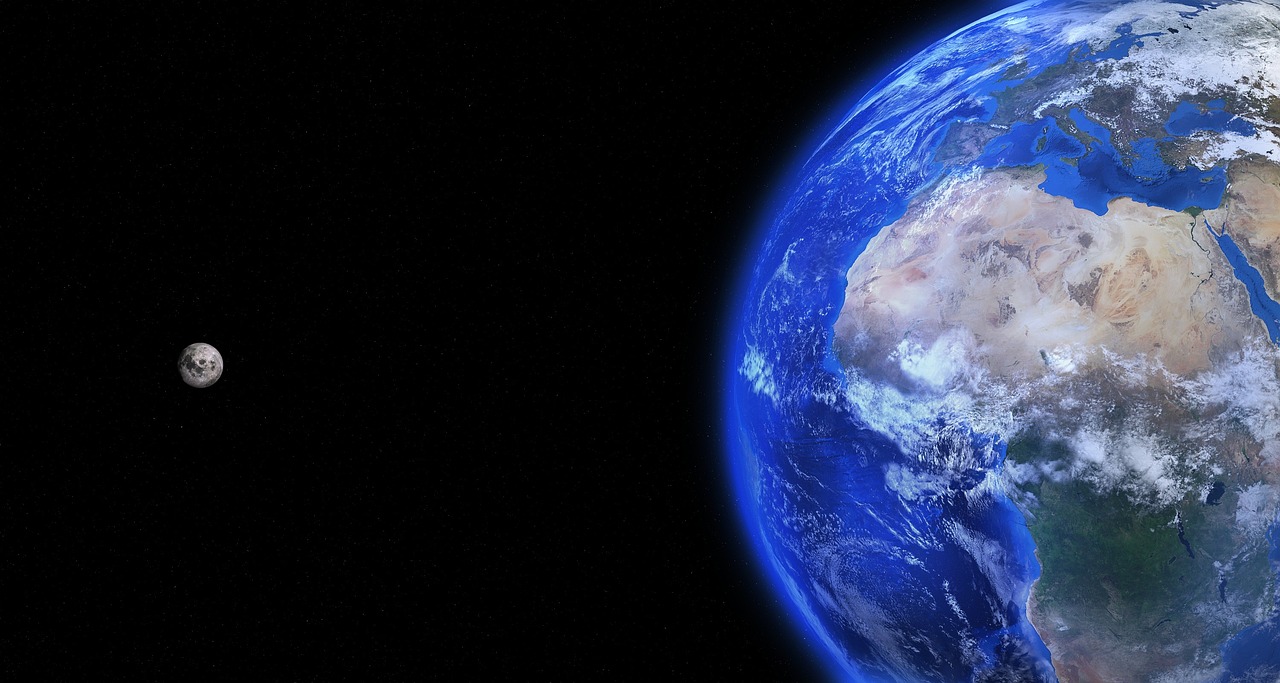Protecting Our Planet: Celebrating Earth Day and Its Global Impact
Introduction of Earth Day
Earth Day, observed annually on April 22, is a global event dedicated to raising awareness about environmental issues and encouraging people to take action toward a more sustainable and eco-friendly world. Celebrated by millions of individuals, organizations and governments, Earth Day serves as a reminder that protecting our planet requires collective effort and commitment.
This article, we will explore the significance of Earth Day, the environmental challenges we face, and how we can contribute to protecting the planet for future generations. We will also discuss the global impact of Earth Day initiatives, shedding light on the importance of this special day in promoting sustainability and climate action.
What is Earth Day?
Earth Day began in 1970 when environmental activist Gaylord Nelson proposed the idea to raise public awareness about pollution and environmental destruction. Over the years, it has evolved into one of the largest global movements dedicated to the environment, with over 190 countries participating annually. The primary aim of Earth Day is to promote sustainability, raise awareness about environmental challenges, and encourage individuals and communities to take action to protect the Earth’s natural resources.
The Global Environmental Challenges We Face
 The world is grappling with several environmental issues, many of which are linked to human activities. Some of the most pressing challenges include:
The world is grappling with several environmental issues, many of which are linked to human activities. Some of the most pressing challenges include:
-
Climate Change: Human-driven activities, such as burning fossil fuels and deforestation, have significantly increased the levels of greenhouse gases in the atmosphere. This has resulted in global warming, extreme weather events, rising sea levels, and widespread ecological disruptions.
-
Deforestation: The destruction of forests continues at an alarming rate, driven by industrial agriculture, urbanization, and illegal logging. Forests play a vital role in maintaining biodiversity, regulating the climate, and providing oxygen.
-
Pollution: Pollution from industrial waste, plastic waste, and carbon emissions is contaminating our air, water, and soil. Plastic pollution, in particular, poses a significant threat to marine life and ecosystems.
-
Biodiversity Loss: Human activities such as habitat destruction, overfishing, and poaching are pushing many species to the brink of extinction. Protecting biodiversity is crucial for maintaining ecosystems that support life on Earth.
-
Water Scarcity: Freshwater resources are becoming increasingly scarce due to overuse, pollution, and climate change. Access to clean water is essential for human survival and the health of ecosystems.
Earth Day’s Global Impact
Earth Day is more than just a day of awareness—it’s a catalyst for change. Here’s how it makes a global impact:
-
Mobilizing Global Action: Earth Day has spurred governments, organizations, and businesses to adopt environmentally friendly policies. Countries have signed international agreements like the Paris Agreement on climate change, aiming to limit global temperature rise and reduce carbon emissions.
-
Encouraging Sustainable Practices: Earth Day serves as a platform for promoting sustainable practices, such as renewable energy adoption, waste reduction, sustainable agriculture, and green building practices. Many companies and individuals participate in Earth Day events by pledging to reduce their carbon footprint.
-
Educating the Public: Through campaigns, educational programs, and community outreach, Earth Day plays a significant role in educating people about the importance of sustainability. It helps foster a sense of environmental responsibility in people of all ages.
-
Supporting Environmental Organizations: Many environmental organizations and nonprofits use Earth Day to highlight their initiatives and encourage donations. Groups like Greenpeace, the World Wildlife Fund (WWF), and The Sierra Club use Earth Day to raise funds for conservation and environmental protection efforts.
-
Boosting Policy Change: Earth Day has been instrumental in advocating for stronger environmental regulations. Public pressure from Earth Day events has led to stricter policies on air and water pollution, wildlife protection, and emissions standards in many countries.
How You Can Contribute to Protecting the Planet on Earth Day
While global efforts are essential, individual actions can make a difference too. Here are some simple ways you can contribute to protecting the planet:
-
Reduce, Reuse, and Recycle: Practice the three Rs to minimize waste. Reduce consumption by buying only what you need, reuse items where possible, and recycle paper, plastic, and glass to reduce landfill waste.
-
Conserve Water: Be mindful of water use by taking shorter showers, fixing leaks, and using water-efficient appliances. Water conservation is essential for maintaining clean water sources for future generations.
-
Plant Trees: Trees are vital for the environment. Planting trees helps to combat deforestation, reduce carbon dioxide, and restore natural habitats. Join local tree-planting events on Earth Day.
-
Support Renewable Energy: If possible, switch to renewable energy sources like solar or wind power for your home or business. Supporting policies that promote clean energy is also a step toward reducing carbon emissions.
-
Reduce Plastic Usage: The plastic pollution crisis is one of the most urgent environmental issues. Use reusable bags, containers, and bottles to reduce plastic waste. Support companies that offer eco-friendly alternatives.
-
Get Involved in Local Initiatives: Participate in local Earth Day events, such as cleanups, environmental education programs, or sustainability initiatives in your community. Volunteer your time or donate to organizations working to protect the environment.
-
Advocate for Change: Raise your voice to advocate for stronger environmental policies. Support political candidates who prioritize climate change and sustainability in their platforms.
Conclusion:
Earth Day serves as a powerful reminder that protecting our planet is not just the responsibility of governments and large organizations—it is a collective responsibility that requires the efforts of individuals, communities, and businesses alike. Whether you participate in local events, adopt sustainable practices, or advocate for policy changes, every action counts in making a positive impact on the environment.
By celebrating Earth Day and understanding its global significance, we can take meaningful steps toward preserving the natural world for future generations. It’s time to act now—protect the planet, because our future depends on it.https://en.wikipedia.org/wiki/Earth_Day
World post office day :- World Post Office Day
World music day :- World Music Day Global Celebration
World sight day :- World Sight Day

